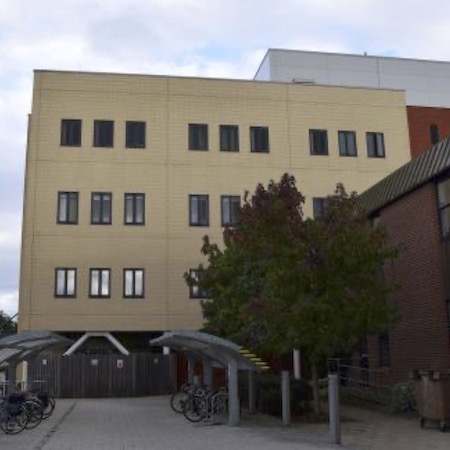The NHS won't be able to deliver faster and more productive patient care unless capital budgets are nearly doubled to at least £14.1 billion, according to new analysis from the NHS Confederation.
NHS leaders say the next government must boost capital funding by an extra £6.4bn in all three years of the next Spending Review to help the NHS address its £10.2 billion maintenance backlog, refurbish dilapidated buildings, upgrade equipment and turbocharge staff productivity. That would take annual NHS capital spending to £14.1 billion per year, compared to the current level of £7.7 billion. The consequence otherwise will be long waiting lists and delayed care for patients.
Local NHS leaders have told the NHS Confederation that investment in capital spending is their priority for any additional spending on the NHS after the next general election, and that under-investment has been the number one issue holding back their progress towards greater productivity.
The new analysis sets out the impact that low levels of capital investment have had over the last decade, including the effect on productivity, and makes the case for greater funding if the NHS is to meet stretching productivity targets of 2% by 2030.
However, capital budgets continue to be raided, with the latest raid being used to plug the rising deficits in the day-to-day NHS budget caused by strike action and other cost pressures. This was outlined in NHS England’s letter to NHS Chief Executives on November 8, following the outcome of negotiations between the Treasury and Department of Health and Social Care ahead of the Autumn Statement.
Matthew Taylor, Chief Executive of the NHS Confederation says: “Some of our members have parts of their estate that are barely fit for the 19th century, let alone the 21st, so any future Secretary of State for Health and Social Care must make the physical and digital condition of the NHS a priority, if the health service is to reduce backlogs and get productivity levels to where the government want them to be.
“Lack of capital across different care settings, covering digital and physical infrastructure and mental and physical health, is clearly not just leading to missed opportunities to improve productivity, but actively undermining it and causing patient safety issues. Health leaders across England have endless ideas about how capital funding could drive large productivity increases.
“Equipping staff with the right tools, and allowing them to operate in safe, modern, optimised environments will improve efficiency, meaning that an increase to the capital budget will help limit the need for growth in revenue spend, relieve pressure on wider NHS finances and services, and put the NHS on the path to longer-term financial sustainability.”
The report, ‘Investing to save: The capital requirement for a more sustainable NHS in England’, looks at where the NHS is using capital investment to drive productivity, and makes the case for greater funding if the NHS is to meet productivity targets. It also outlines examples of capital projects which have been transformational for patient care and productivity, along with numerous case studies of proposed cost-effective, forward-thinking developments which have been delayed, hindered or scrapped due to the lack of initial funding needed to get them off the ground.












